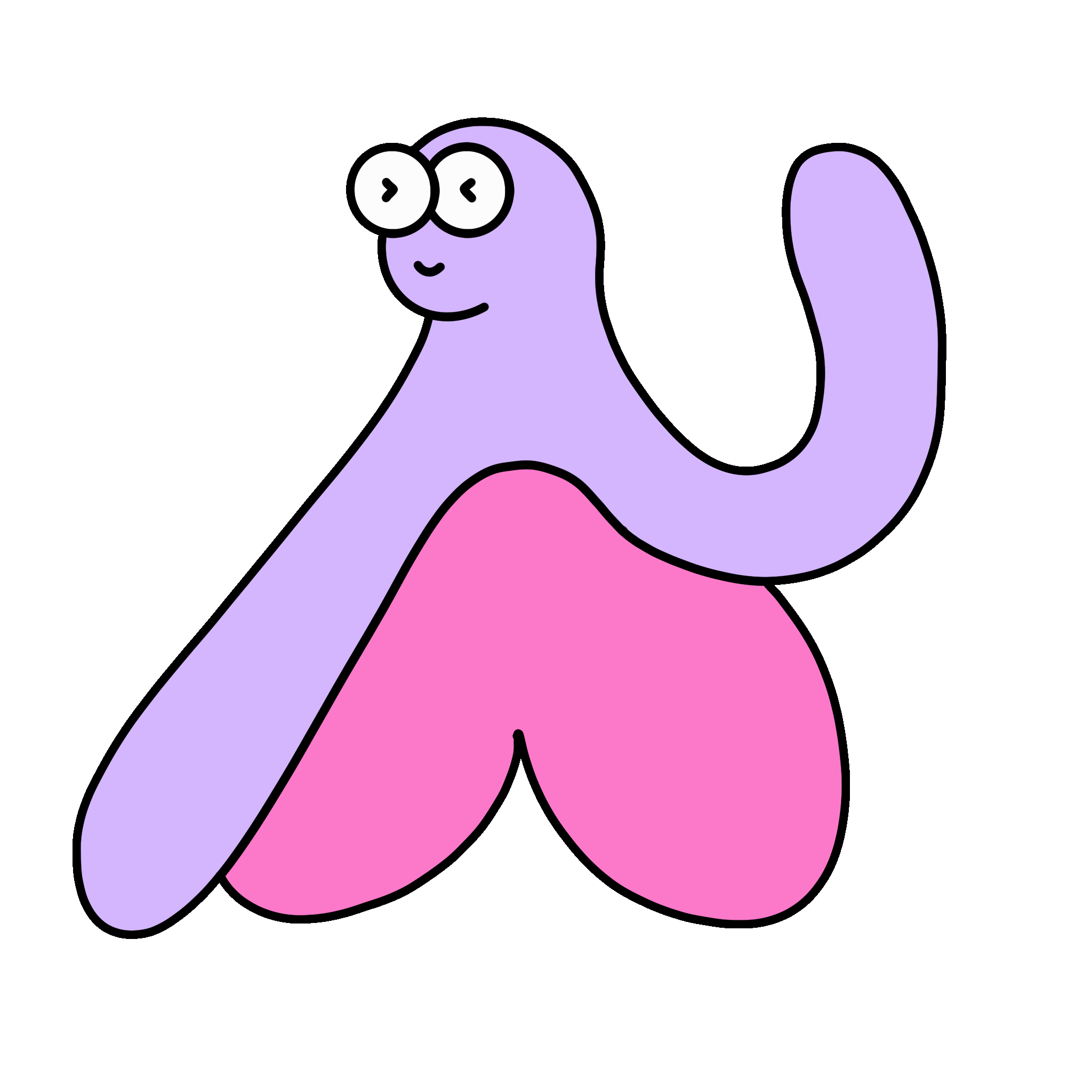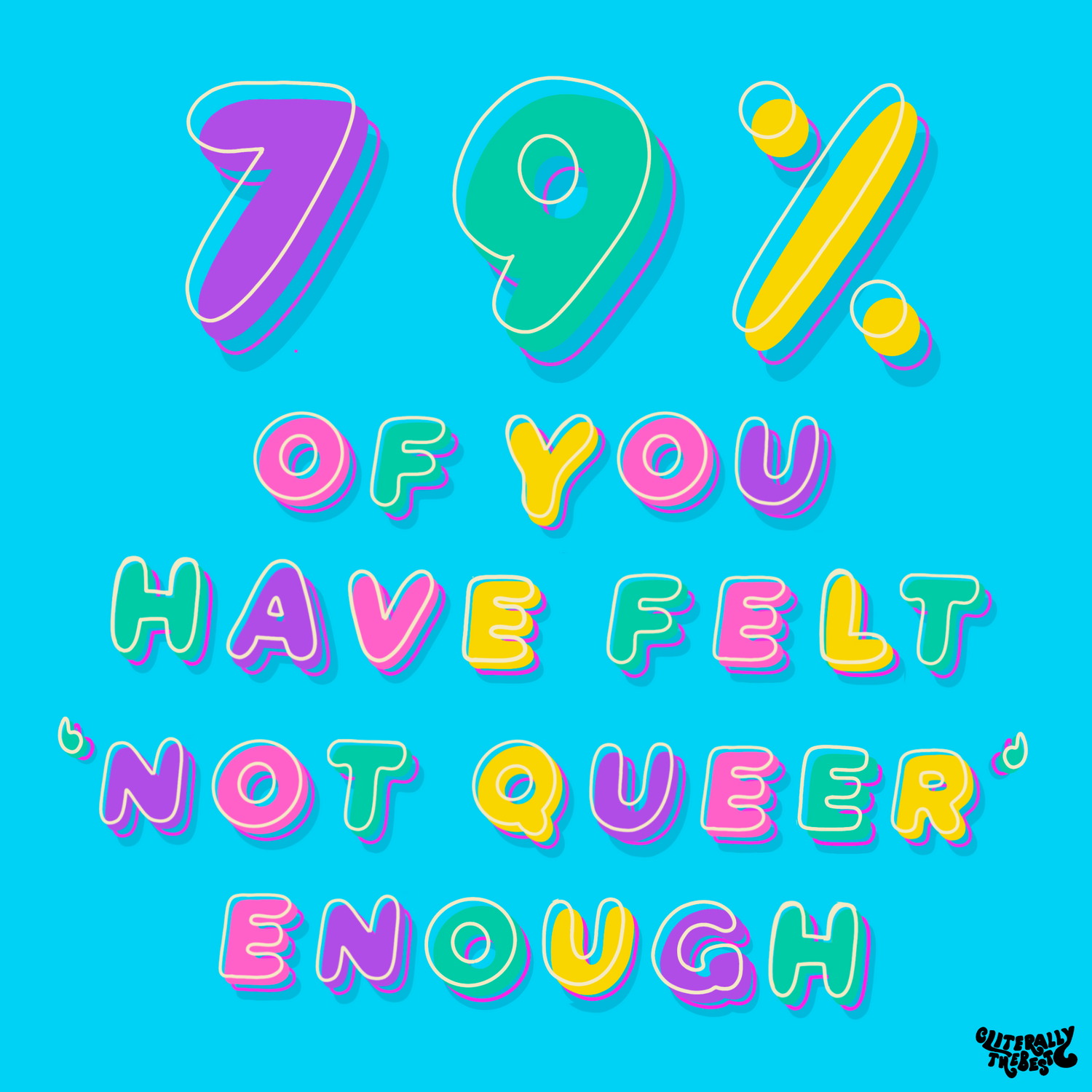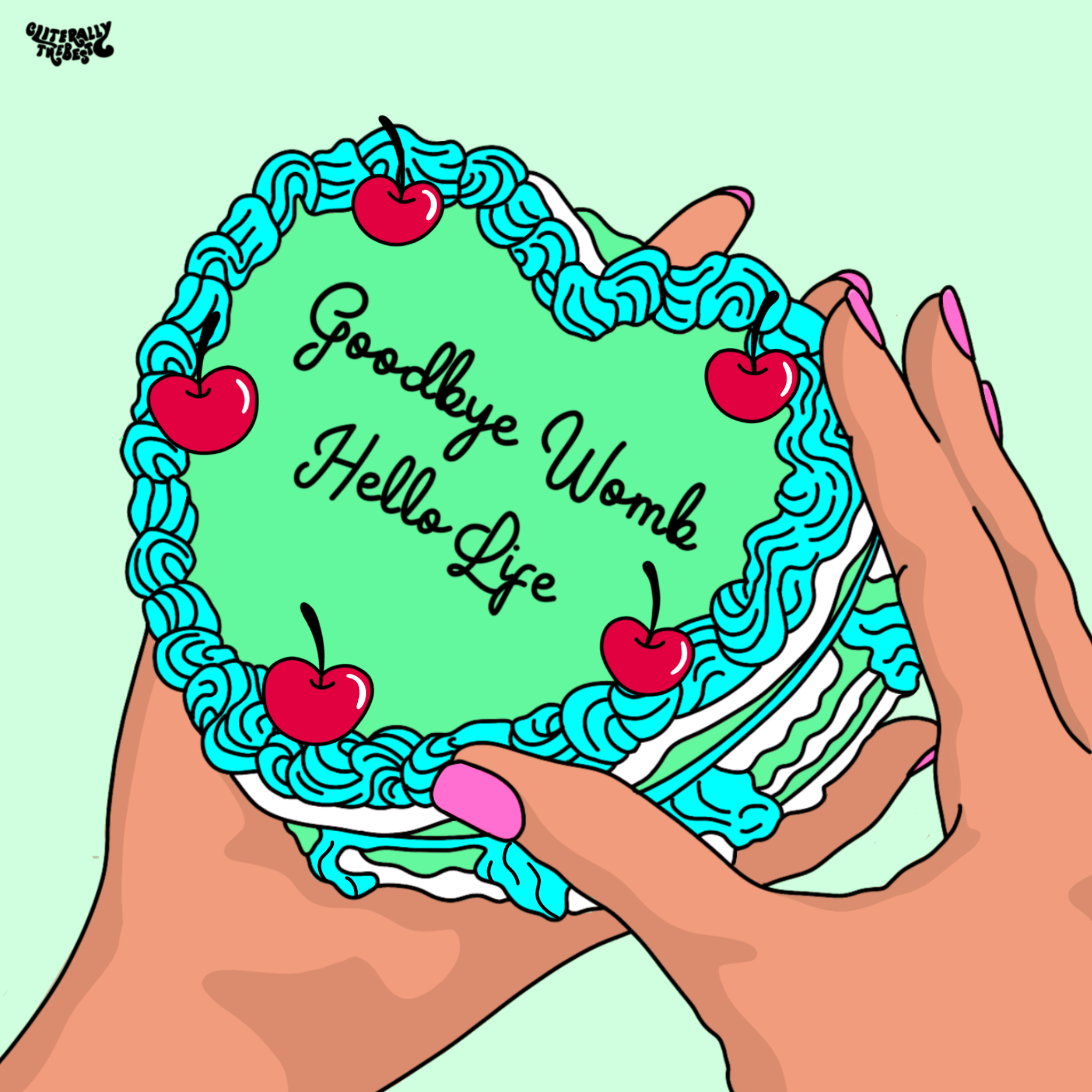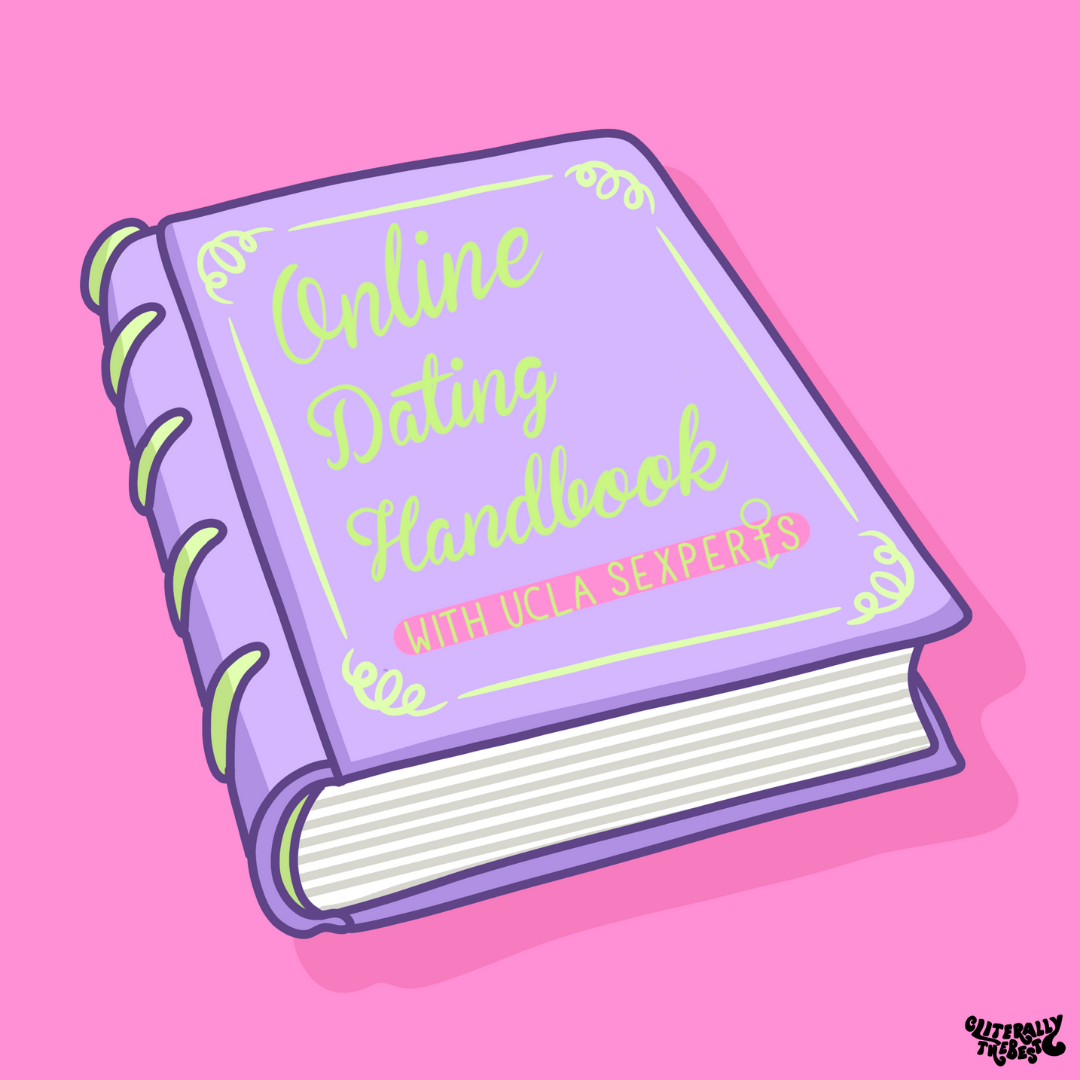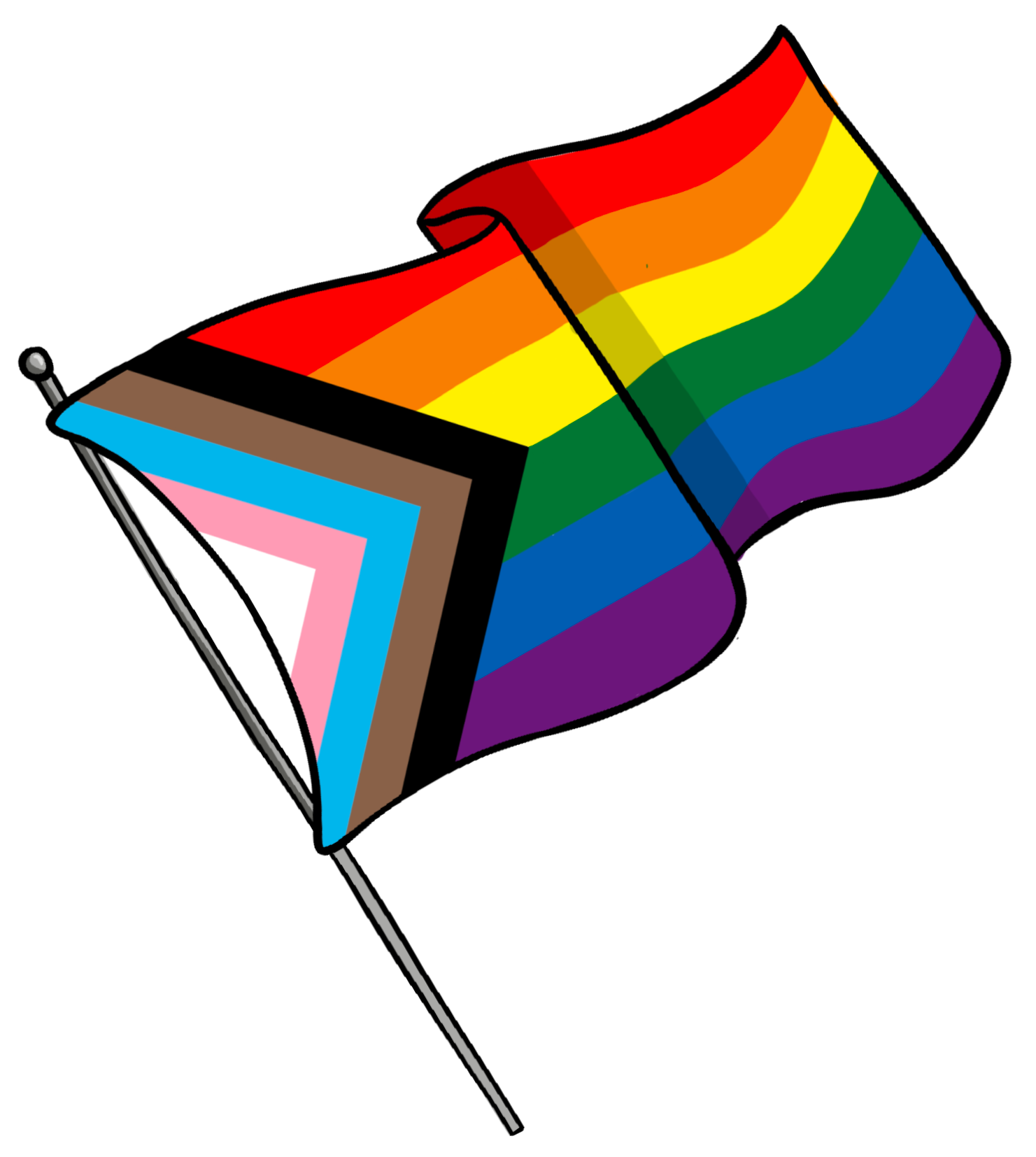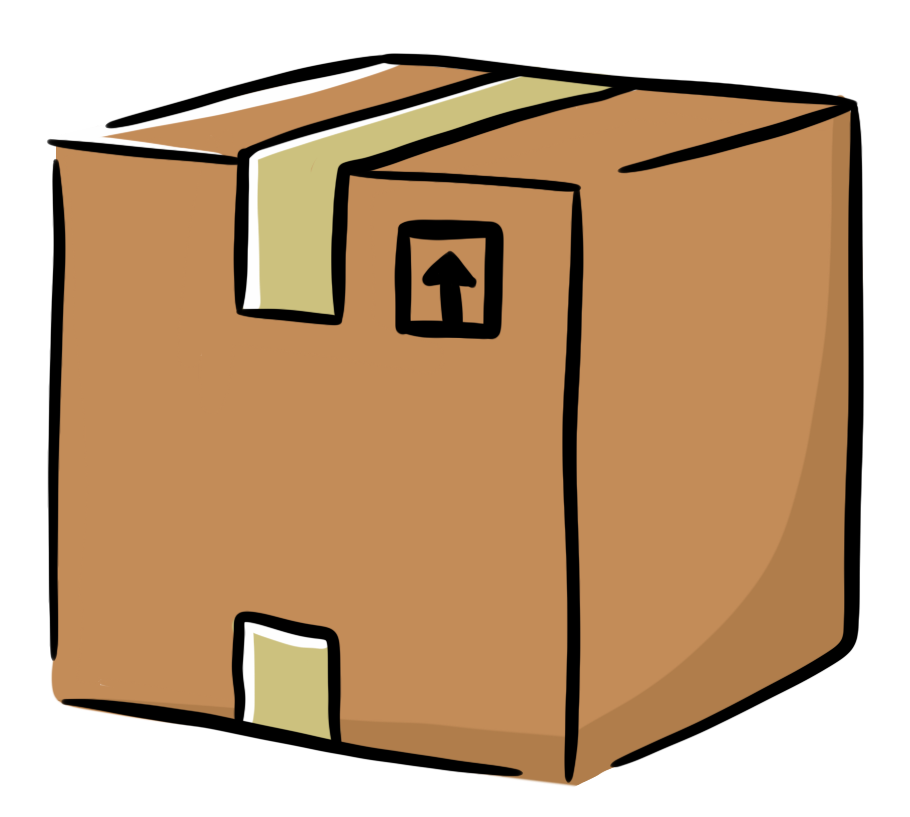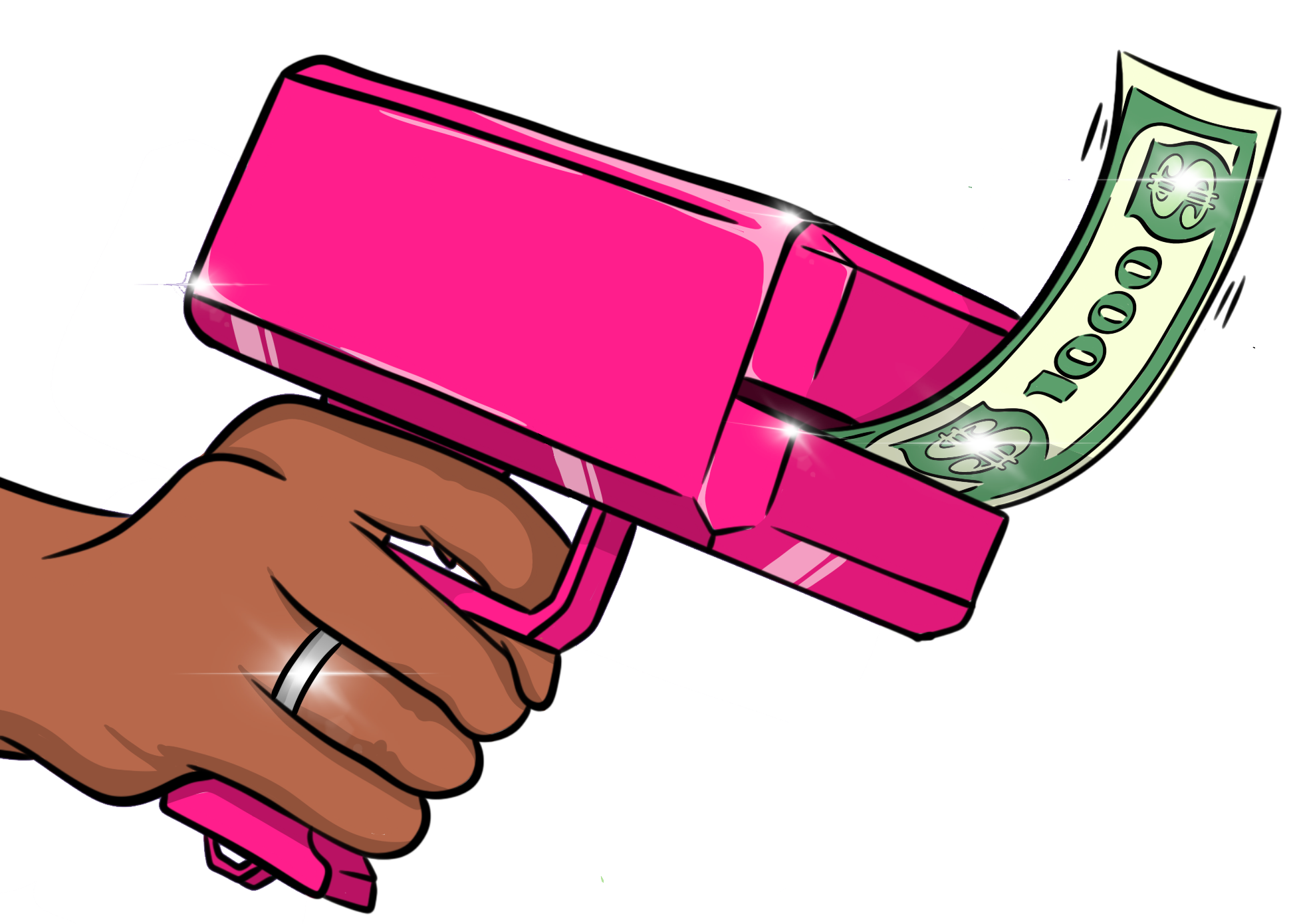I would love to kiss a girl. I would love to have sex with a girl. Sucking on some titties sounds great.
Shouldn’t this be enough to feel accepted in the queer community?
Well, for me, it rarely is.
I identify as bisexual, meaning I feel sexual and romantic attraction to both men and women. Still, all of my sexual experiences have been with men. Given this, I often feel isolated from LGBTQ+ spaces and possess a constant need to somehow become “more” queer.
Yet, this also comes with the cost of feeling somewhat uncomfortable with my sexuality: I feel an urge to make sure everyone and their mom knows that I’m bi, but I also face nervousness around “coming out” to others. I yearn to fit into the bisexual/queer femme aesthetic (wearing docs, an absurd amount of rings, winged eyeliner, you know the vibes), but when people ask if I’m straight, I sometimes feel fraudulent admitting that I’m queer.
I do find comfort, however, in knowing that I am not alone.
Evie and I created some polls for pride month on Instagram, and although I knew that many folks struggled with LGBTQ+ acceptance, the results were a bit shocking.
An astounding 79% of our audience reported that they sometimes feel that they are not “queer enough.” Moreover, 78% of respondents who admitted that they do not feel “queer enough” identified as either bisexual or pansexual.
While we acknowledge that the sample population is not exactly random, and this data cannot be applied to the general population, it is still important to recognise the clear pattern presented by this data.
Even in an extremely sex-positive and queer-affirming space, the vast majority of our queer followers don’t feel completely valued in the LGBTQ+ community.
Unfortunately, this data, and my own experience, reflect broader societal beliefs surrounding non-monosexual folks. People in, and even outside of the LGBTQ+ community constantly police one another about whether their public and private behaviour is queer enough. Although queer-baiting is a significant issue in pop culture, many celebrities are coerced into coming out in order to prove their queerness.
For example, in June 2021, Billie Eilish posted her music video for the song Lost Cause, in which she danced around her house in silk pyjamas while dancing with a bunch of other hot women. When this video was released, I was amid my queer actualisation; seeing a hot girl that I had long admired and loved dancing around with other hot girls and just being generally hot made me realise that I wasn’t straight. Billie received backlash, however, when she posted stills from the video and captioned the post “I love girls.” While seemingly innocent, many people accused her of queer-baiting during pride month because she had a boyfriend and urged her to explain her caption.
As someone questioning their own sexuality at the time, however, this controversy left me feeling isolated and unseen. Why did Billie have to come out for the video to be ok? Couldn’t she just have a boyfriend while also making a super gay video? Do bisexual people have to come out to the whole world to be queer enough? Couldn't Billie just be exploring her sexuality and promoting sexual fluidity?
The policing around non-monosexual folks needs to end. You are still queer if you do not have a partner of the same gender, you are still queer if you haven’t kissed someone of the same gender, and you are still queer if you haven’t told anyone that you are queer.
If you relate to this blog at all, and sometimes feel that you aren’t queer enough, know that you are enough. Whether it be hanging out with other queer folks, adopting a queer aesthetic (or not), or even just talking about being queer, you deserve to engage in the behaviour that makes you feel the most comfortable and the safest.
And, know that in both our online space and in so many others, you are queer enough.

